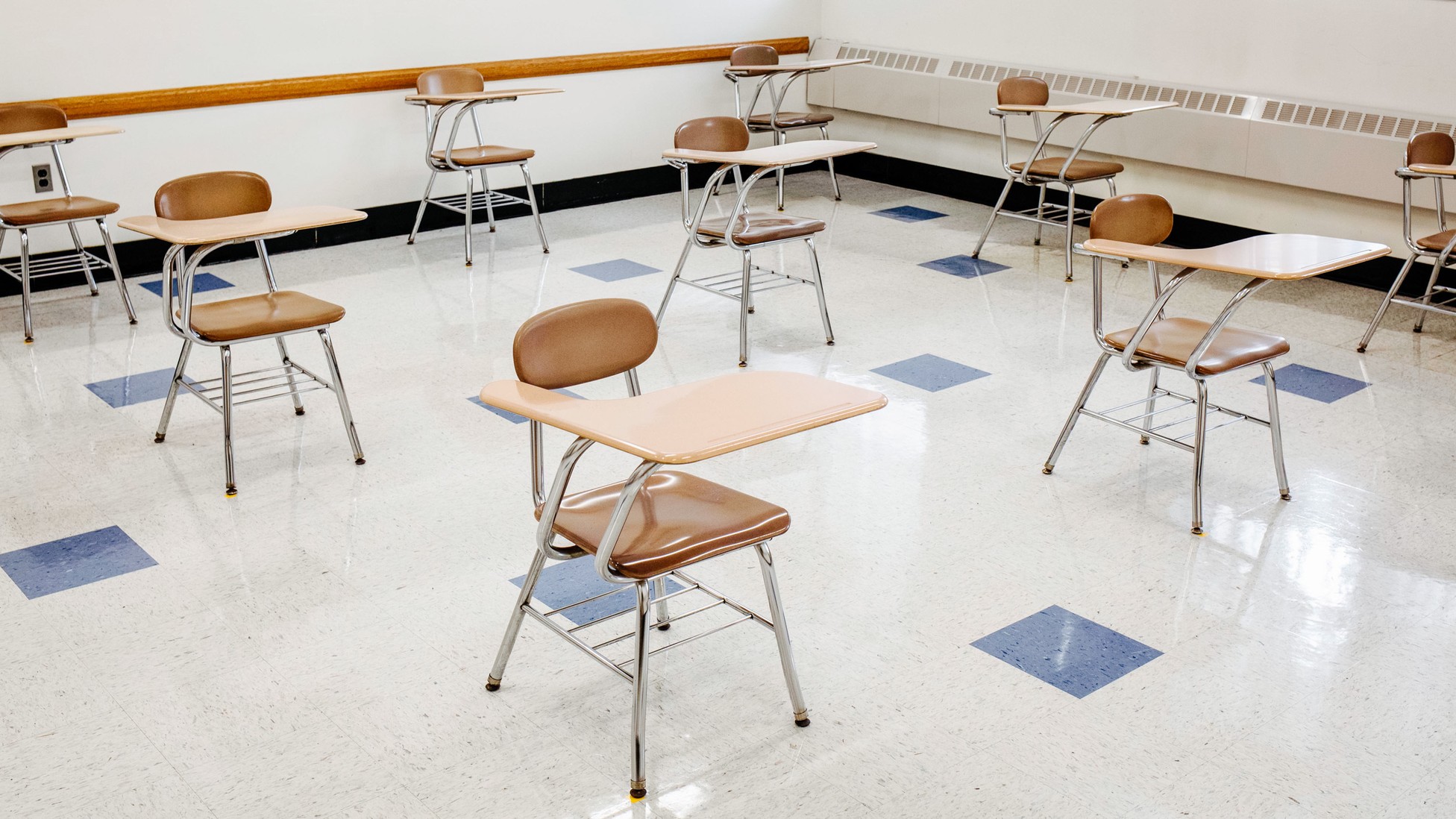Penna Dexter
There’s new research into the magnitude of the decline in children’s achievement that resulted from Covid-19 school closures.
Thomas Kane, an economist and professor at the Harvard Graduate School of Education, says the learning loss is “far greater than most educators and parents seem to realize.” He’s part of a team from the American Institutes for Research, Dartmouth College, Harvard, and NWEA, an educational assessment non-profit. The team is investigating how student learning was affected by the remote and hybrid instruction implemented during the pandemic. Dr. Kane’s article for The Atlantic describing this research is titled “Kids Are Far, Far Behind in School.”
The team compared student achievement growth for the two-year pre-pandemic period with the period from fall 2019 to fall 2021. This was done using “testing results from 2.1 million elementary-and-middle-school students in 10,000 schools in 49 states and Washington D.C.”
For students in districts that “remained remote for the majority of the 2021 school year,” Dr. Kane describes the results as “severe.” Even in low-poverty schools, these students, he writes, “lost the equivalent of 13 weeks of instruction” And, “at high-poverty schools that stayed remote, students lost the equivalent of 22 weeks.” In districts that were quicker to reopen, the learning loss was still disturbing: the equivalent of seven to ten weeks of in-person instruction.”
How can schools help students catch up? Eliminating a 22-week loss of instruction would require a trained tutor to work with one to four students at a time, three times a week for an entire year. Dr. Kane points to research showing that about a quarter of districts have some, but likely not enough, tutoring in their plans.
Other possible interventions are voluntary summer school, an extra period each day to teach math, and/or a longer school year for the next two years. — difficult and expensive propositions.
We should never have stuck our kids with this loss.
 Listen Online
Listen Online Watch Online
Watch Online Find a Station in Your Area
Find a Station in Your Area










 Listen Now
Listen Now Watch Online
Watch Online
